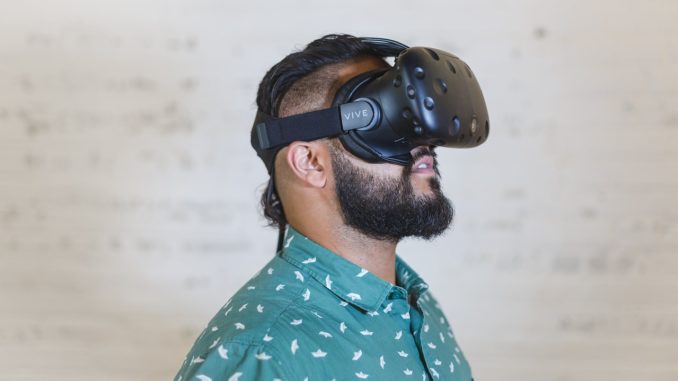
In our mini-series on AI in healthcare we highlighted the important and impressive work being undertaken by Moorfields Eye Hospital NHS Foundation Trust and AI company Deepmind. Now Rory Cellan-Jones, the BBC’s technology correspondent, reports on the BBC News website that such work might be put at risk by the move of the Deepmind health division to its parent company, Google
Last November the pioneering London AI firm DeepMind announced that its health division was being transferred to its parent company Google. Now, 10 months later, the move is finally happening – the delay a measure of how controversial and painful this process has been.
When the restructuring was announced last year DeepMind was accused of breaking a promise not to hand over any NHS data to the American search giant. Google said the transfer to its global health division would give DeepMind’s Streams app – which helps doctors and nurses to monitor patients with a severe kidney condition – the resources it needed to expand internationally.
The Streams app had caused quite a stir when it was revealed that it used the data of about 1.6 million patients, without asking permission. The Information Commissioner’s Office (ICO) ruled that the hospital involved in the research – the Royal Free in London – had not done enough to protect patient privacy.
And back in 2016, after controversy over the way NHS data was being used, DeepMind’s co-founder Mustafa Suleyman made this pledge: “DeepMind operates autonomously from Google and we’ve been clear from the outset that at no stage will patient data ever be linked or associated with Google accounts, products or services.”
The end of that autonomy meant that Google had to renegotiate the contracts with NHS hospitals involved in DeepMind’s research. It also meant the demise of the independent ethics panel which oversaw that research.
DeepMind was co-operating with Moorfields Eye Hospital, where it was working on using machine learning to assess eye scans with a high degree of accuracy, and with London’s University College Hospital, where its technology was being tested in the planning of radiotherapy for patients with head and neck cancer.
Now Google says these and other NHS hospitals have, after lengthy discussions, decided to continue their collaborations. However, one partner – the Yeovil District Hospital, which signed a five-year contract with DeepMind in 2017 – decided not to transfer that deal to Google. It told the BBC: “Working with the DeepMind team, we found that Streams is not necessary for our organisation at the current time.”
In a blogpost, Dr Dominic King, who is taking a team of about a hundred from DeepMind to Google Health, explained why the transition had taken so long. “Health data is sensitive, and we gave proper time and care to make sure that we had the full consent and co-operation of our partners,” he said.
Google influence
“This included giving them the time to ask questions and fully understand our plans, and to choose whether to continue our partnerships. As has always been the case, our partners are in full control of all patient data and we will only use patient data to help improve care, under their oversight and instructions.”
But, as of now, there are no plans to replace the ethics panel, so there is little clarity on who will oversee the work Google does with the data of NHS patients. The staff are still in London – although they may have to move offices. Whether the work will stay in the UK for the long term remains to be seen.
Also unclear is where this leaves DeepMind and its co-founder Mustafa Suleyman. Last month it emerged that he had gone on long-term leave. The health division was his baby and this was the most practical demonstration of how its technology could change the world.
He has released a statement saying he’s, “incredibly proud to reflect on the team’s journey and achievements over the past three years, and I have no doubt that their positive impact will only increase as they join forces with Google Health”. He says he can’t wait to see what comes next and looks forward to working with the team as “an advisor and supporter” but insiders doubt he will have much influence over Google’s health research when he returns from his extended break later this year.
DeepMind and its founders are rightly proud of their work in this field. However, all their talk of operating as an autonomous, UK-based AI powerhouse, with huge funding but little intervention from the Google mothership, now looks a little hollow.
Don’t forget to follow us on Twitter, or connect with us on LinkedIn!

Be the first to comment